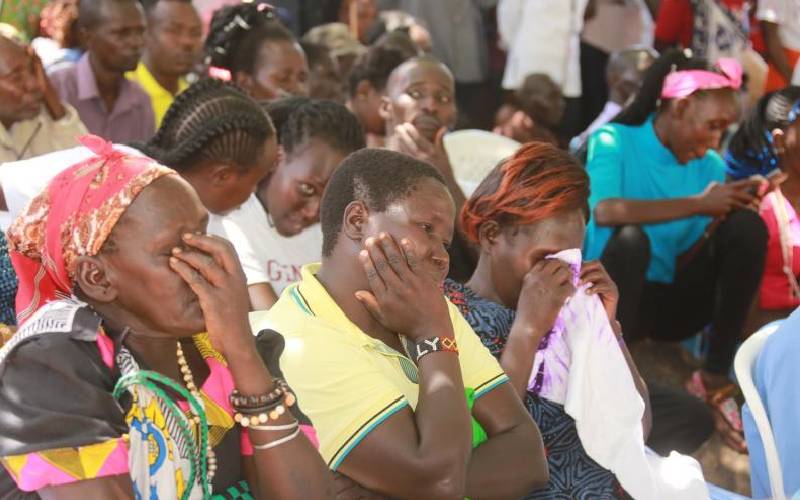×
The Standard e-Paper
Join Thousands Daily

It is one of the country’s leading mango-producing regions, but Kerio Valley still remains the most disturbed by unending fatal shootings.
Fears of attempts by armed groups to forcefully evict locals, and the discovery of a mortar-propelled explosive device in a village have added a new twist to the rising insecurity.